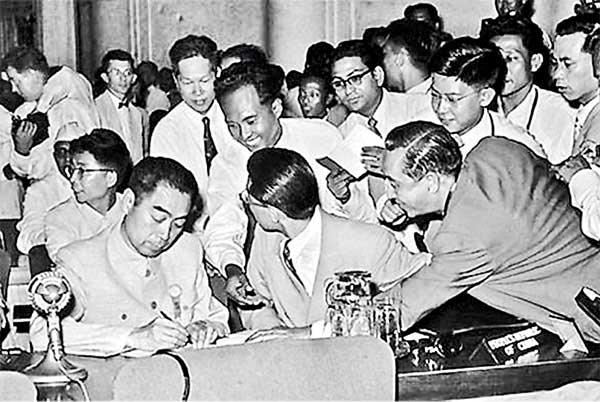29 Apr 2015 - {{hitsCtrl.values.hits}}

.jpg) The recent visit to Pakistan by Chinese President Xi Jing Ping secured US $ 46 billion for the development of the power and infrastructure sector. This sizeable Chinese foreign investment will help Pakistan’s economy significantly. The elevation from “iron friends” to an all-weather strategic partnership relationship between the two nations was significant. After signing more than 50 cooperation deals between the two countries promises to raise the bilateral trade from US $ 16 billion to US $ 20 billion over three years was planned.
The recent visit to Pakistan by Chinese President Xi Jing Ping secured US $ 46 billion for the development of the power and infrastructure sector. This sizeable Chinese foreign investment will help Pakistan’s economy significantly. The elevation from “iron friends” to an all-weather strategic partnership relationship between the two nations was significant. After signing more than 50 cooperation deals between the two countries promises to raise the bilateral trade from US $ 16 billion to US $ 20 billion over three years was planned.
26 Nov 2024 26 Nov 2024
26 Nov 2024 26 Nov 2024
26 Nov 2024 26 Nov 2024
26 Nov 2024 26 Nov 2024
26 Nov 2024 26 Nov 2024